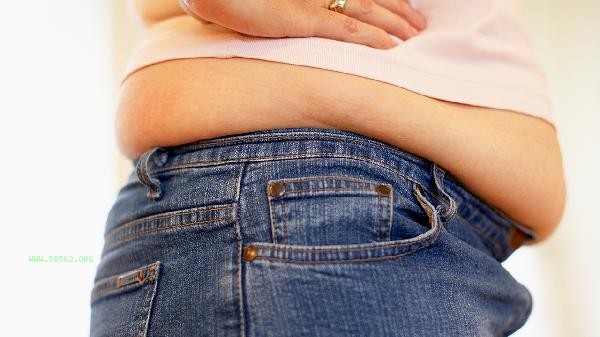Reducing fruit intake at night during weight loss is mainly related to blood sugar fluctuations, calorie surplus, digestive burden, nutrient absorption efficiency, and sleep quality. Controlling the intake of fruits at night can enhance weight loss by reducing the risk of insulin resistance, reducing excess calorie storage, alleviating gastrointestinal stress, optimizing nutrient allocation, and avoiding sleep disturbances.

1. Blood sugar fluctuations:
Fructose and glucose in fruits can rapidly increase blood sugar levels, and reduced nighttime activity can easily lead to sudden increases and decreases in blood sugar. The excessive secretion of insulin promotes fat synthesis, which may lead to insulin resistance in the long term. Watermelon, lychee and other high glycemic index fruits should be avoided, and it is recommended to choose low glycemic index fruits such as blueberries and consume them during the day.
2. Calorie surplus:
The basal metabolic rate decreases at night, and carbohydrates in fruits are easily converted into fat storage if not consumed in a timely manner. One apple contains about 90 calories, equivalent to half a bowl of rice, and excessive intake can offset the calorie deficit throughout the day. During weight loss, it is recommended to schedule 80% of the daily fruit portion for breakfast or after exercise.
3. Digestive burden:

Slow gastrointestinal peristalsis at night, and high fiber fruits may cause bloating or acid reflux. Pineapple, kiwi and other protease containing fruits can stimulate the gastric mucosa, and the magnesium element in bananas may increase the nighttime workload of the digestive system. People with weak gastrointestinal function should stop consuming fruits 3 hours before bedtime.
4. Nutrient utilization:
The utilization rate of water-soluble nutrients such as vitamin C decreases during sleep, and some minerals may interfere with melatonin synthesis. The organic acids in citrus fruits can alter the pH value of the gut and affect the balance of gut microbiota at night. Suggest pairing vitamin rich fruits with breakfast to enhance nutrient absorption.
5. Sleep disturbance:
The sugar in fruits may affect deep sleep through blood sugar fluctuations, and some tropical fruits contain tyramine to promote neural excitation. A decrease in sleep quality can lead to a decrease in leptin secretion and an increase in ghrelin, indirectly increasing appetite the next day. People with sleep disorders can replace fruits with low sugar vegetables such as cucumbers and tomatoes at night.

Weight loss individuals can choose low calorie, high protein foods such as sugar free yogurt paired with nuts in the evening, which can stabilize blood sugar and prolong satiety. It is recommended to limit the intake of fruits during the day to 200-300 grams, with a preference for low sugar varieties such as berries and apples. Eating them 30 minutes after exercise will have a better effect. Long term weight management requires establishing a balanced diet pattern throughout the day, rather than simply restricting eating at certain times. If there are obvious symptoms of hunger or nutritional deficiency, the dietary structure should be adjusted under the guidance of a nutritionist.




Comments (0)
Leave a Comment
No comments yet
Be the first to share your thoughts!